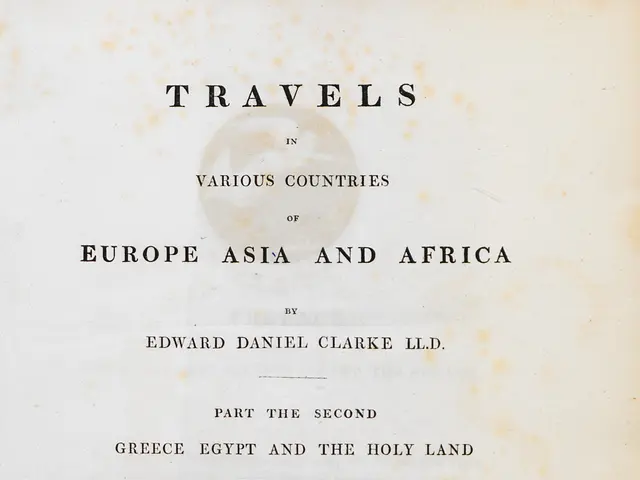Israel plans to withhold funding for national honors following the success of a movie centered on a Palestinian youth.
In a surprising turn of events, Israel's Culture Minister, Miki Zohar, has announced plans to end funding for the Ophir Awards, the nation's prestigious film awards, starting from 2026. This decision comes after a film featuring the story of a Palestinian boy won the best feature film prize at the Ophir Awards, and accusations of political propaganda against a previous winning film, 'Hayam'.
Zohar described the Ophir Awards as a 'pathetic ceremony' and a 'slap in the face of Israeli citizens'. He went on to say that the awards ceremony spits in the faces of Israeli soldiers. The funding for the Ophir Awards, it should be noted, is currently provided by Israeli taxpayers.
The film that has stirred the most controversy is 'The Sea', directed and written by Shai Carmeli-Pollak. The film follows the story of a Palestinian boy named Khaled, played by Mohammad Gazawi, who embarks on a dangerous journey to sneak into Israel after his school trip to Tel Aviv’s beach is blocked at the border. Gazawi won the Ophir Award for best actor for his role, and Khalifa Natour received the award for best supporting actor.
The film has been praised by Baher Agbariya, a producer of 'The Sea' and a representative of the 1.6 million Arab citizens of Israel. Agbariya thanked the Israel Film Fund for supporting the film. However, the film has been criticised by some in the Israeli film industry as well as by international filmmakers who have signed a pledge to boycott Israeli film institutions.
More than 3,000 actors and directors have signed the pledge, accusing the institutions of being implicated in genocide and apartheid against the Palestinian people in Gaza and the West Bank. Notable signatories include Yorgos Lanthimos, Ava DuVernay, Asif Kapadia, Boots Riley, and Joshua Oppenheimer.
The Hollywood studio, Paramount, has also weighed in, stating that it does not promote better understanding or advance the cause of peace. Workers in the Israeli film industry, on the other hand, have criticised the boycott as 'deeply troubling'.
Assaf Amir, chair of the Israeli Academy of Film and Television, has stated that the selection of 'The Sea' is a response to the culture minister's statement and recent boycott calls from the international film community. Israeli rights groups are currently investigating whether the Culture Ministry has the authority to withdraw funding from the Ophir Awards.
The Oscar-winning documentary 'No Other Land' was also described by Miki Zohar as a 'sabotage' against Israel. The film that won the prize at the Ophir Awards is called 'The Sea'. The drama has been screened at several international film festivals and has been met with critical acclaim.
As the debate continues, it remains to be seen how the Ophir Awards will proceed in the coming years. The decision by Miki Zohar to end funding for the awards has certainly sparked a heated discussion about the role of art and politics in Israel.








